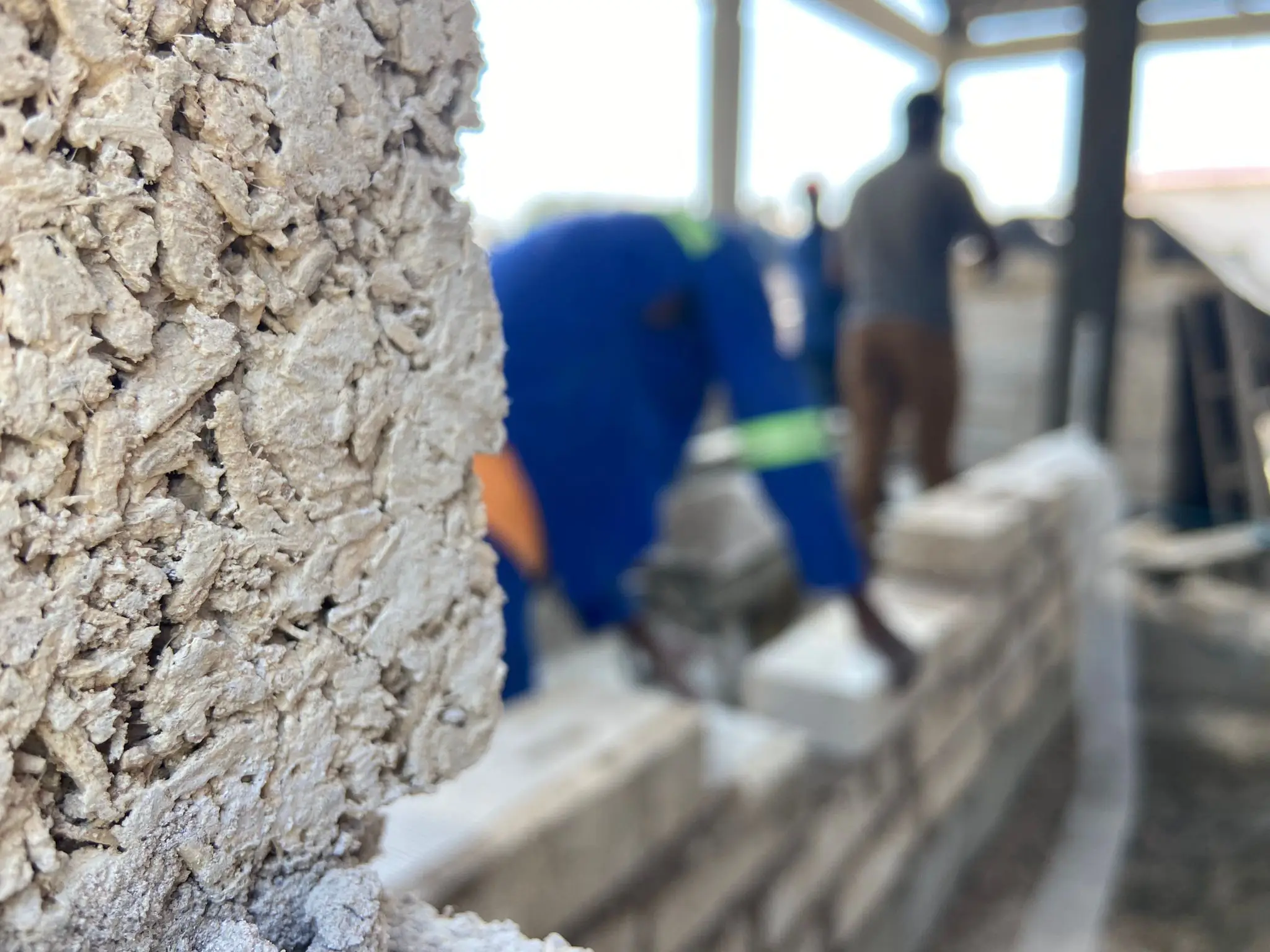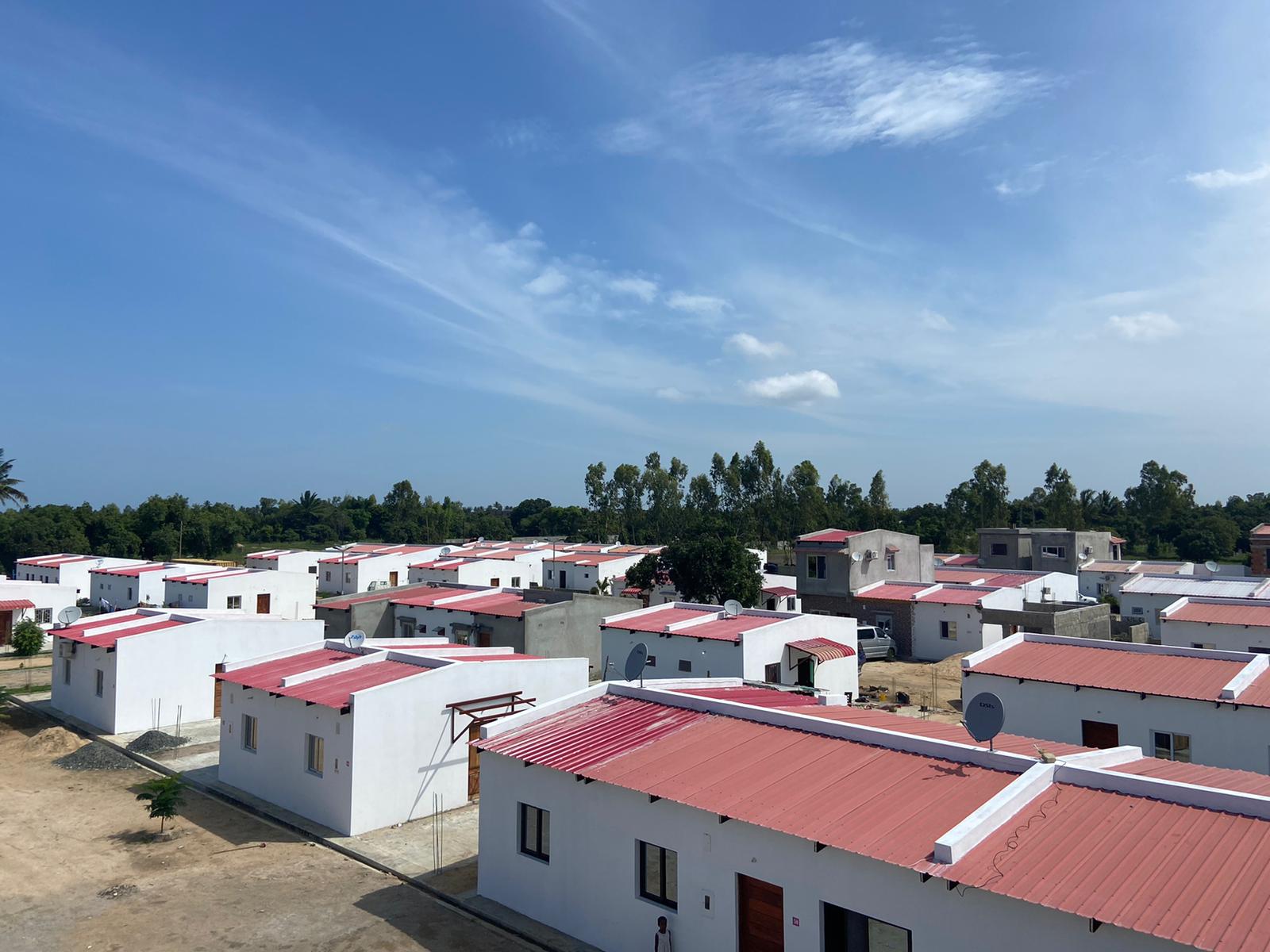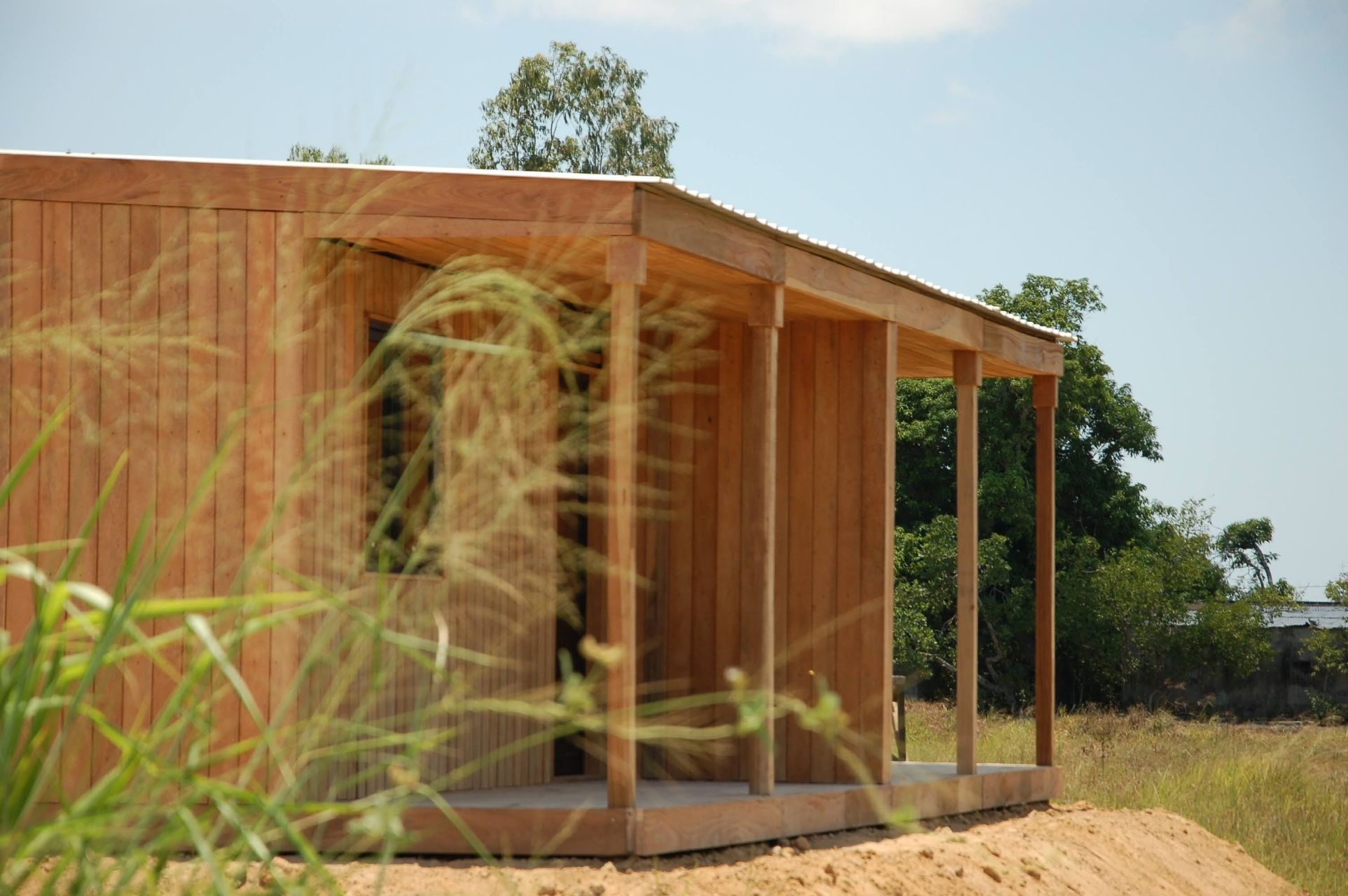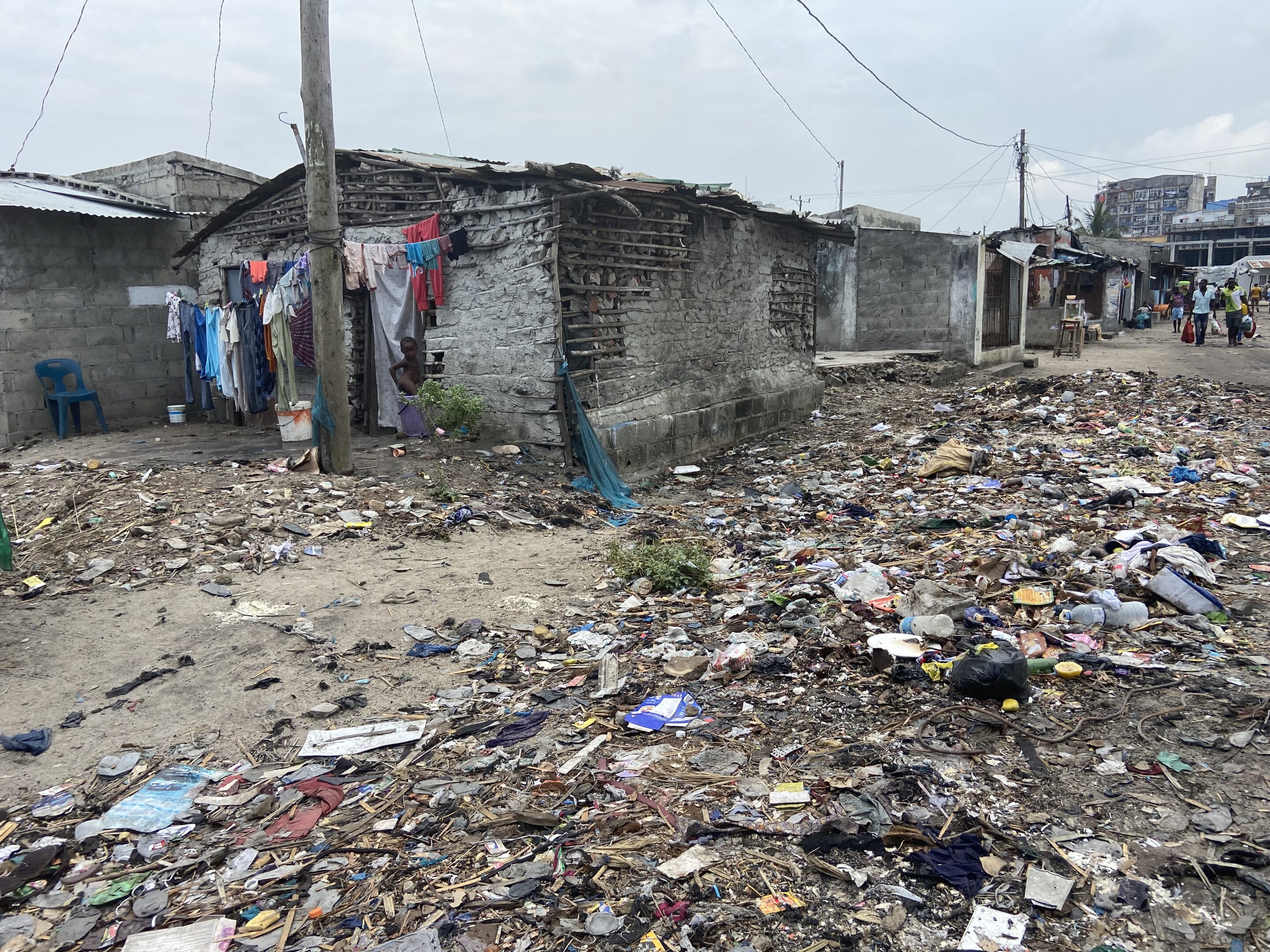Ecosystem
Climate Smart Housing
Enabling property developers to improve climate-smart building practices and the quality of materials used.
What is the mission?
If Empowa is to be successful in addressing the backlog of 50 million homes across Africa, we have to consider the impact of this on our planet. The impact of climate change in regions where we are already working, like Beira, Mozambique, act as a constant reminder about the importance of climate-smart (sustainably built and climate resilient) housing.
Empowa works with partners who focus on sustainable construction i.e homes built, designed, constructed and operated in a way that minimizes their impact on the environment. These homes use materials and technologies that are environmentally friendly, energy-efficient, and conserve natural resources. They are also built to take advantage of natural light, ventilation, and passive solar heating and cooling. Sustainable homes can also incorporate features such as rainwater harvesting, greywater recycling, and composting toilets, which help to conserve water and reduce waste. Ultimately, environmentally sustainable homes aim to provide a comfortable, healthy living environment while minimizing their carbon footprint and ecological impact.


Climate Resilience
In addition to the environmental considerations during construction, it is important that any Empowa-funded project considers climate resilience. Climate-resilient homes are houses designed and constructed with features that make them more resistant to the effects of climate change. These homes are built to withstand extreme weather conditions, such as floods, hurricanes, wildfires, and heat waves.
The design of climate-resilient homes includes features such as reinforced roofs, storm-resistant windows, insulation for extreme temperatures, and rainwater collection systems. Climate resilient homes aim to reduce the impact of climate change on homeowners by ensuring they have access to a safe and comfortable living space, even in the face of extreme weather events. They are an important way to mitigate the impact of climate change on communities and promote sustainable living practices.
How it works
Empowa is not directly responsible for the construction of our homes; Empowa supports on-the-ground delivery partners. However, we are able to influence the building decisions of these partners. By connecting building suppliers with partners, supporting collaboration between delivery partners, supporting innovative pilots using climate-smart building techniques and mandating climate-smart construction in order to qualify for our off-take finance, we can significantly influence the direction of construction. Through these partners, where applicable and practical, we encourage and support the implementation of global environmental standards supported by the IFC, World Bank and other impact investors such as Edge and LEED.
Empowa’s affordable financing option supports climate-smart construction. By reducing the cost of finance and providing for informal income, affordable homes no longer need to be built as cheaply as possible using the cheapest, most environmentally unfriendly materials. The Empowa approach enables property developers to improve building practices and the quality of materials used. With the Empowa supported rent-to-own facility families can now afford to invest in climate-smart homes that have reduced environmental impact and can withstand the destructive weather events that are becoming increasingly common.


Why we do it
A lack of climate-resilient construction means developing countries suffer the most from natural disasters. A study from Habitat for Humanity found that the 46 least-developed countries in the world were affected by less than a fifth of climate-related disasters however they have suffered 69% of deaths worldwide attributable to such events (source).
This can often be attributed to poorly built infrastructure that not only can’t withstand the climate event but in fact can quickly turn into debris that cause even more damage.
Benefits of climate smart housing
Climate Smart Housing offers a wide range of benefits by utilizing green and resilient building practices and materials.